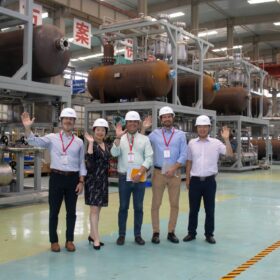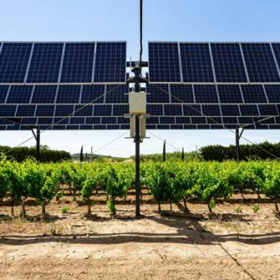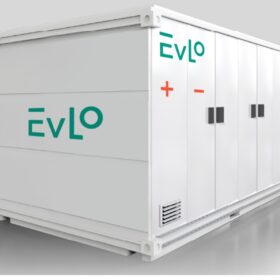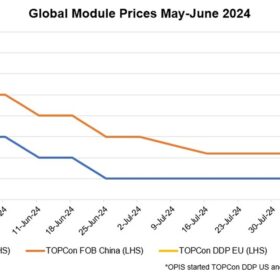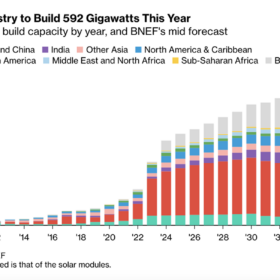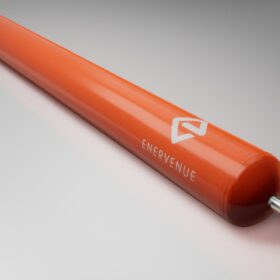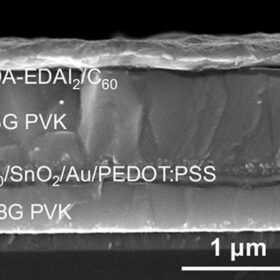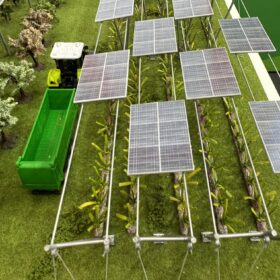The Hydrogen Stream: Uniper opens hydrogen pilot in Germany
Uniper says it has launched its Hydrogen Pilot Cavern (HPC) Krummhörn plant in Germany with nearly 500,000 cubic meters of green hydrogen storage, while Air Liquide has inaugurated a 20 MW electrolysis plant in Oberhausen, Germany.
Unlocking the potential of agrivoltaics
Agrivoltaics, the innovative practice of co-locating agriculture and photovoltaic (PV) systems, is revolutionizing sustainable land use and energy production. By harnessing the synergy between agriculture and solar energy, agrivoltaics offers a transformative solution to address the challenges of food security, water scarcity, and climate change. This article explores the burgeoning agrivoltaics market, its potential benefits, challenges, and future outlook.
EVLO introduces 5 MWh containerized battery energy storage system
EVLO Energy Storage has developed a 5 MWh battery system with a two-hour to four-hour duration in a 20-foot container.
Price range for US-delivered modules widens
In a new weekly update for pv magazine, OPIS, a Dow Jones company, provides a quick look at the main price trends in the global PV industry.
Solar module installations could hit 592 GW in 2024
BloombergNEF says the global solar industry will install 592 MW of modules this year, up 33% on 2023. The consultancy has also lowered its estimate for 2024 polysilicon production, as manufacturers are temporarily scaling back output.
Avid signs Australian supply deal for nickel-hydrogen storage solution
Western Australian energy solutions provider Avid Group has signed a master supply agreement with United States-headquartered company Enervenue which manufactures nickel-hydrogen batteries it says are capable of more than 30,000 duty cycles at two to 12-hour discharge rates.
All-perovskite tandem solar cell based on tin-lead perovskite achieves 28.8% efficiency
Conceived by Chinese scientists, the cell was built with new surface reconstruction strategy based on the use of 1,4-butanediamine (BDA) and ethylenediammonium diiodide (EDAI2) as surface modifiers. The device was able to retain 79.7% of its initial efficiency after 550 h.
The Hydrogen Stream: Adani, Advait, Waaree secure capacity in SECI’s second electrolyzer tender
Solar Energy Corp. of India (SECI) has allocated 1.5 GW of capacity to eleven companies in its second electrolyzer manufacturing tender.
The impact of semi-transparent solar modules on agrivoltaics yield
Researchers have conducted a field study across two growing seasons, growing different kinds of vegetables under three types of modules with 40%, 5%, and 0% transparency. Their work is the first replicated research experiment that evaluates module transparency in an irrigated vegetable field setting.
Solar industry faces collapse amid surplus and plunging prices
The solar industry is at a crossroads. While demand for PV installations is higher than ever, systemic overcapacity, falling prices, and financial losses across the supply chain threaten to undermine the industry’s long-term sustainability.
